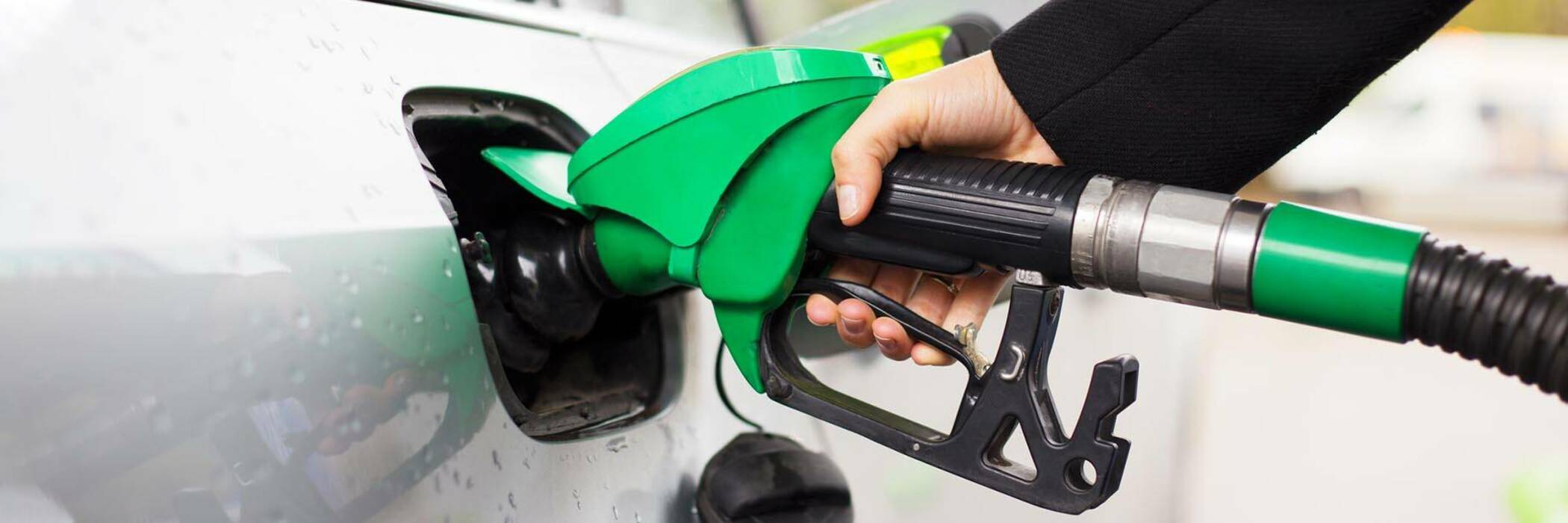
Fuel prices not competitive
Why we’re paying higher prices at the pump.
Consumers may be paying more for fuel than they should be and the Commerce Commission is laying the blame on a lack of competition.
The commission’s draft report on the fuel industry, released today, suggests many companies are earning higher returns than would be reasonable in a competitive market.
“Our current view is that the fuel market is not as competitive as it could be,” Commerce Commission chair Anna Rawlings said.
“In our view, the problem is the lack of an active wholesale market in New Zealand,” Ms Rawlings said. The lack of competition has flow-on effects for the retail market and what consumers pay at the pump.
Three players dominate the wholesale market: BP, Mobil and Z Energy. These companies have infrastructure sharing arrangements, dating back to before the fuel market was deregulated in 1988, the commission said.
These arrangements include use of the Marsden oil refinery, a fuel pipeline to Auckland and a coastal shipping operation, which transports refined fuel to storage terminals at regional ports.
Ms Rawlings said this joint network, which supplies 90% of petrol and diesel, gives the companies “a significant advantage over any other potential rival importers, as their costs to deliver fuel are lower.
“Not only have other fuel importers been unable to access the wholesale market, but the majors themselves have limited incentive to compete with each other during the terms of their supply contracts. As a result, competitive pressure does not appear to be driving down wholesale prices.”
Discount schemes mask prices
The report also takes aim at fuel discounting schemes, such as AA Smartfuel, Z Energy’s Pumped and Mobil Smiles.
Last year, more than 41% of petrol and diesel sales were made at a “discounted” price. While fuel companies argue the schemes are a sign of strong retail competition, the report points out importer margins have increased over the past decade as discounting has grown.
“Discounting does not provide a substitute for competition on board prices,” it states.
Our research has also found that when discounting becomes the norm, it’s harder for consumers to compare prices and distorts competition between retailers.
What’s happening now?
The report suggests competition could be improved by letting other companies use the major players’ joint infrastructure and making it easier for resellers to switch suppliers.
“The options we are considering in the wholesale market are not quick fixes, but may help to open up the market and improve competition over time. We particularly want to test their feasibility with fuel companies and other experts, and gauge whether there may be other options that could help competition,” Ms Rawlings said.
The commission's findings are preliminary. Public submissions on the report close on 13 September. The final report is due to be published in December.

Fuel our fight for your rights
We’re working hard to keep big businesses and lawmakers in check on one-sided retirement village contracts, greenwashing claims, misleading supermarket prices and more. With your support, there’s power in numbers. Help us raise $50,000 in four weeks to stand up for your consumer rights.
Member comments
Get access to comment